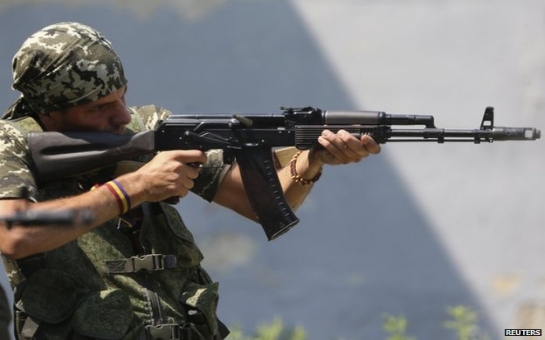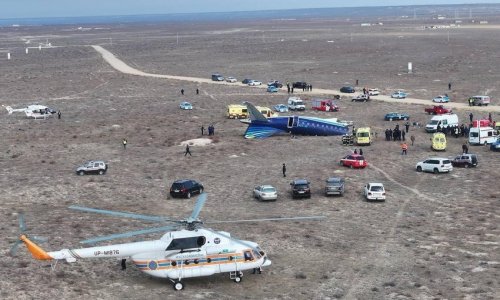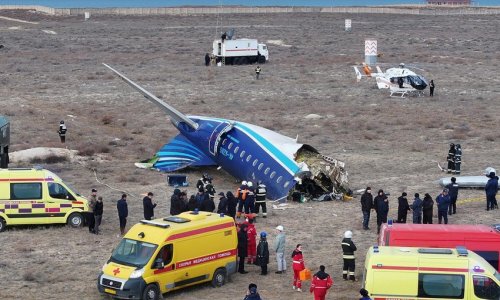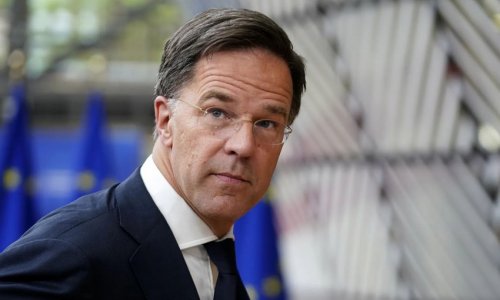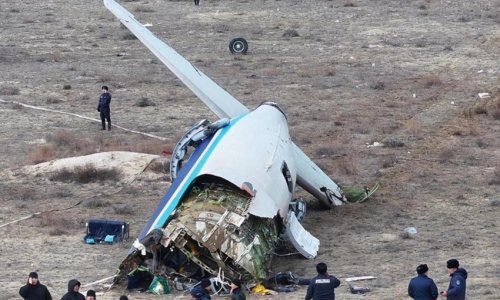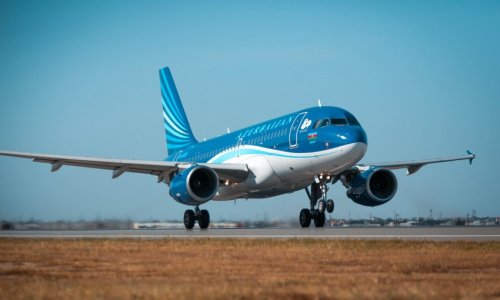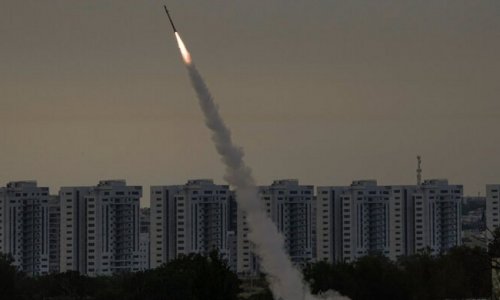French, Spanish, Swedish or Serb, the foreigners fighting for both sides in east Ukraine's bloody conflict hail from across Europe and come with a bewildering array of agendas.
The non-mercenaries among them are motivated by causes which can stretch back to the wars in the former Yugoslavia - and even further still, to the Spanish Civil War of the 1930s.
Russia is the elephant in the room, dwarfing any other foreign nationality, although it is increasingly hard to disentangle Russians fighting as volunteers from regular soldiers allegedly deployed on covert missions.
Ukraine's pro-Russian rebels like to talk up their foreign volunteer fighters, presenting them as latter-day International Brigades fighting "fascism". Meanwhile there has been some debate in Kiev on the wisdom of creating a Ukrainian "Foreign Legion".
Here we look at some of the foreign fighters by country of origin, in a phenomenon which, in a small way, mirrors that of young Muslims from Britain and other parts of Europe travelling to the Middle East to fight in its wars.
It is no secret that Russian citizens have occupied senior posts among the rebels, the most famous of them being Igor "Strelkov" Girkin, who reportedly held the rank of reserve colonel in Russia's Federal Security Service as late as last year.
There is strong evidence that rank-and-file Russian fighters have entered east Ukraine to join the rebels, but whether they are volunteers making common cause with ethnic Russians in Luhansk and Donetsk, or mercenaries, is a grey area.
Rebel leader Alexander Zakharchenko has stated publicly that between 3.000 and 4,000 Russian "volunteers" have fought for the rebels since the start of the uprising in April.
"There are also many in the current Russian military that prefer to spend their leave among us, brothers who are fighting for their freedom, rather than on a beach," he said on 28 August.
Evidence has mounted that regular Russian soldiers are involved, with 10 paratroopers captured inside Ukraine and indirect evidence of military casualties at home in Russia.
Chechens, both from Russia's Republic of Chechnya and from the anti-Russian diaspora living in exile, are believed to be involved on both sides of the conflict, but predominantly fighting for the rebels.
A gunman who presented himself as a Chechen called Ruslan Arsayev told the Mashable news website in an interview he was fighting for Ukraine because he wouldn't "bend over for Putin".
At the scene: Oliver Carroll, journalist working in Ukraine
A number of foreign fighters serve in the Aidar volunteer battalion currently fighting in east Ukraine. Chechen Ruslan Arsayev is perhaps the most colourful example. An army veteran of six military campaigns, Ruslan came to Ukraine to fight during the Maidan revolution. He was injured twice, once seriously, when a bullet punctured his lung.
He comes from a well-known family of warriors. One of his brothers was security minister in Aslan Maskhadov's rebel government. Another was convicted of hijacking a plane en route to Moscow in 2001, an action that resulted in the loss of three lives.
At the Aidar base near Luhansk, Ruslan explained he had come to Ukraine because of Putin. "Putin has turned my home into Stalin's Russia, with a dozen informants on every street," he said. He wasn't prepared to accept Putin's rule, and predicted an uprising in Chechnya in the "very, very near" future.
Some 20 French citizens have gone to Ukraine to fight on both sides, French public radio station France Info said in a report (in French) on 11 August.
Four of them, including two former soldiers, went to Donetsk to fight for the rebels. They were filmed by Russian newspaper Komsomolskaya Pravda posing with guns.
Their spokesman is Victor Lenta, 25, who earlier told France's Le Monde newspaper (article in French) he had been a corporal in the Third Marine Infantry Paratroop Regiment and had served in Afghanistan, Ivory Coast and Chad. Another member of the group is Nikola Perovic, also 25 and with Serbian ancestry, who likewise reportedly fought in Afghanistan as a corporal in France's 13th Mountain Infantry Battalion.
They told Le Monde they were the founders of an ultra-nationalist movement called Continental Unity, which has organised demonstrations in France and Serbia in support of Syrian President Bashar al-Assad and Serbian war crimes suspect Vojislav Seselj.
In their view, according to Le Monde, Russia is the final bulwark against liberal globalisation which they consider "responsible for the decline in national values and loss of French sovereignty".
Their main role among the rebels, apparently, is to provide combat training for recruits from West European countries.
Gaston Besson, on the other hand, has been fighting for the Ukrainian government as a member of its Azov volunteer battalion, a unit known for its far-right associations.
Aged 47, he nonetheless describes himself as a "leftwing revolutionary", according to France Info. Reported to be a former paratrooper, he is said to have fought in previous conflicts ranging from Croatia to Colombia
He is known for his efforts to recruit other foreigners and, according to a Eurasianet article, wrote in June: "Every day I receive dozens of requests to join us by email, especially from countries like Finland, Norway and Sweden."
For two Spanish leftists, the conflict in east Ukraine represents a chance to repay what they see as a historic favour.
Angel Davilla-Rivas told Reuters news agency he had come with his comrade Rafa Munoz Perez to fight for the rebels in recognition of the Soviet Union's support for the Republican side in the Spanish Civil War.
Mr Munoz, 27, is a former social worker from Madrid who has been a member of the youth wing of the United Left political movement since 2010, Spain's El Pais newspaper said in an article. His friend, 22, is from Murcia and belongs to the youth wing of a branch of the Spanish Communist Party, the paper added.
Mr Davilla-Rivas showed off tattoos of Soviet leaders Vladimir Lenin and Joseph Stalin on his torso.
"I am the only son, and it hurts my mother and father and my family a lot that I am putting myself at risk. But... I can't sleep in my bed knowing what's going on here," he told Reuters.
There are also reports of Spaniards fighting on the government side, according to an article in the Kyiv Post.
Dozens of Serbs are believed to be fighting for the rebels, ostensibly drawn by an ethnic and nationalist sense of solidarity with the region's Russian Orthodox Christians and residual hostility towards Nato, regarding the Ukrainian government as its proxy.
However, Belgrade-based security expert Zoran Dragisic told German broadcaster Deutsche Welle in a report that Serbian fighters were primarily fighting as mercenaries and could be found on both sides in Ukraine.
"It's indoctrination that draws young people - some of them almost children - to war," he said.
Meanwhile, there are moves within Serbia to stem the flow of fighters heading east with a law that penalises participation in a foreign war.
(BBC News)
Bakudaily.Az

